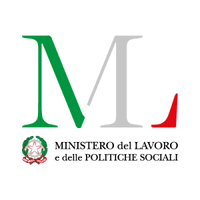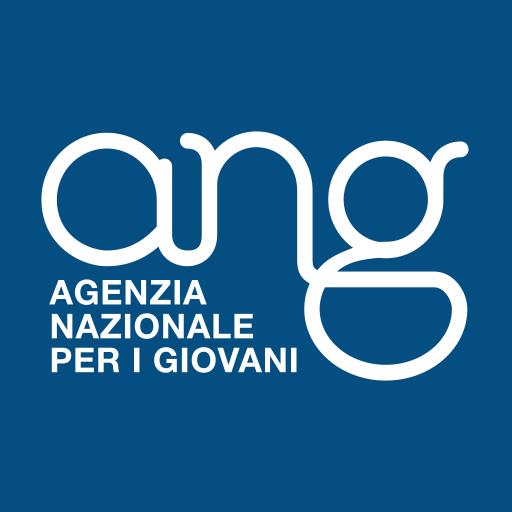Youth Policymaking in Italy
How does it work?
The Constitution states that the legislative function must be exercised jointly by the two Houses of Parliament: The Chamber of Deputies and the Senate (Article 70).The ordinary legislative procedure works as follows: presentation of a draft law; approval by the House of Parliament before which it is first presented; transmission of the text to the other House for approval in the same form or with amendments; possible "shuttling" between the two Houses of the text amended several times, until it is approved by both in the same form; promulgation by the President of the Republic, who also has the power to refer bills back to Parliament for reconsideration; publication in the Official Journal; implementation. Youth policy in Italy is a product of inter-ministerial and multilevel governance among the State, the Regions and the Autonomous Provinces, which cooperate in drafting legislation. In addition, local authorities, civil society and youth organisations collaborate in the darfting and implementation stages. The National Youth Strategy collects legislation from several Ministries and provides a framework for youth participation in democracy.
Who is in charge for the development of youth policies in italy?
Institutions
Who are the actors involved and what role do they play? Click on an institution to learn more.

Italian Parliament

Ministry of Education, Ministry of University and Research

Ministry of Labour and Social Policies

National Youth Agency

Department for Youth Policies and Universal Civil Service

National Youth Council
Policy Plans
Follow the path some policies took from draft to reality. Where did youth contribute?
Italy's National Youth Policy
When it comes to youth policies, the Italian government adopts a dual approach, articulated in the development and promotion of two categories of measures: actions that directly target young people; integration actions, based on a transversal approach, in all areas that affect the lives of young people. Youth policies are based on an institutional dialogue between the Government and local autonomies in which financial resources, objectives and priorities for intervention in the field of youth policies are defined.